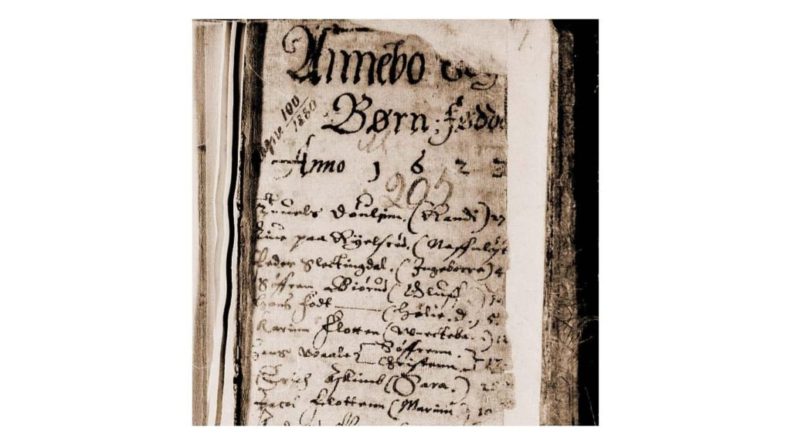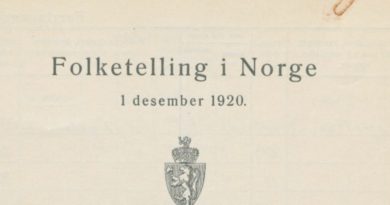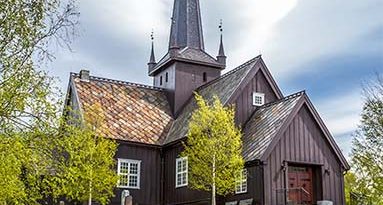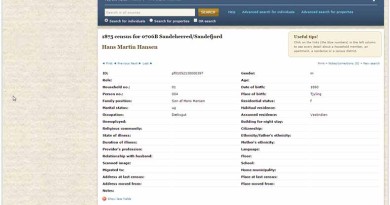Moveable Feastdays in Norway
Many times in the Norwegian Church Records, a minister recorded the date of an event by the name of the fixed or moveable feast day which is based on the liturgical year (the church year) rather than the Julian or Gregorian date that we would recognize. In addition to this, the record is normally in Latin.
To recognize a Moveable Feast Day that you see in a record, we need some sort of conversion. Fortunately, someone has done this tedious work for us and we can easily find the right date in several sources.
I normally use the Norwegian calendar at http://trinitatis.no/ Here you enter the year in question in the field that reads “År”.
Family search has one at https://familysearch.org/wiki/en/Moveable_Feast_Day_Calendar_for_Norway
I notice that these two calendars do not always list all the Feastdays. If you don’t find the one you look for in one, you might try the other.
I suggest you go to either of these sources, choose a random year and familiarize you with the Latin words that you might find in the church records.
Here are a few words that appear frequently in the records (I have also collected these in my Norwegian Genealogy Dictionary):
- Dominica – Sunday. This word is often abbreviated D., Dom. or Domin.
- Post – after. Used to indicate Sundays after a major Feastday. Often abbreviated to the letter p. E.g. “5 p. Trinitatis” meaning 5th Sunday after Trinity Sunday. When numbering the Sundays they often used Roman numerals.
- Dies – day. Used to indicate a day other than a Sunday. E.g. “Dies Cinerum” – Ash Wednesday.
- Festum – feast. Often abbreviated to Fest.
Clerical actions taking place on weekdays, are normally described by the name of the day and “in the (number) week of…..” e.g. “In the sixth week of Lent” or “name of day] after [last feastday]” e.g. “Monday after Epiphany”. In large parishes where the minister had to travel far, you will sometimes see services and/or weddings on Saturdays. In the old records, Saturday can be written Løverdagen (the Saturday..[reference to the feastday]).
The Feastdays may be abbreviated in the church records. If you familiarize yourself with the feast days I think you should be able to recognize the abbreviations. As you can see there are many Sundays after Trinity Sunday. Sometimes this is recorded as the rather cryptic “D.IV.p.T” – Dominica 4 post Trinity, meaning the fourth Sunday after Trinity.
Here are a few examples of how these dates may appear in the church records:
Denmark-Norway went from the Julian calendar to the Gregorian calendar (the one we still use) in the year 1700. This was done by leaving out the ten days between February 18th and March 1st. Sweden/Finland didn’t make this change until the year 1753. (Wikipedia)



Die annunciationis Maria – the celebration of the announcement by the angel Gabriel to the Virgin Mary that she would conceive and become the mother of Jesus
In addition to these Feastdays written in Latin, ordinary dates based on the Julian/Gregorian calendar may also occur.
If you find other words relating to dating, don’t hesitate to comment and I’d be happy to try to find the explanation.






Martin,
I want to let you know that your blog post is listed in today’s Fab Finds post at http://janasgenealogyandfamilyhistory.blogspot.com/2016/04/follow-friday-fab-finds-for-april-22.html
Have a great weekend!